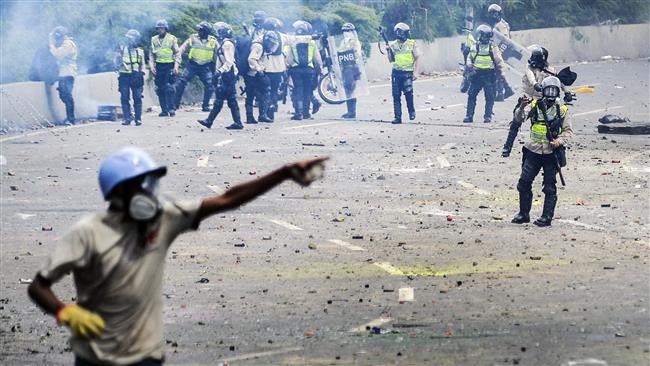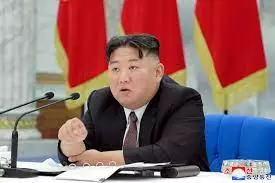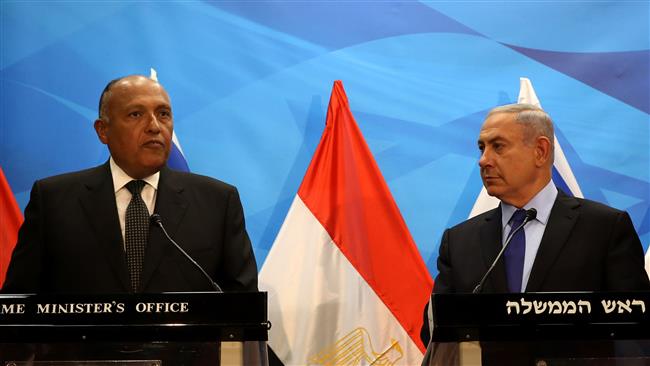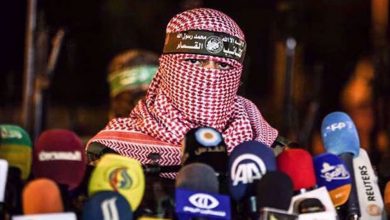Venezuela sets up ‘truth commission’ to investigate opposition


Venezuela has formed a commission to investigate the opposition candidates running in the country’s October gubernatorial elections to make sure they are not involved in the political unrest plaguing the country.
The Truth, Justice and Reparation Commission for Victims was set up by Venezuela’s powerful Constituent on Wednesday and assumed its duties in the capital, Caracas, later in the day.
The panel, led by former foreign minister and the powerful assembly’s head Delcy Rodriguez, is tasked with investigating cases of political violence committed during four months of protests against the government of Venezuelan President Nicolas Maduro.
In a meeting with the commission members, Rodriguez announced the commencement of the first round of investigations into the violent political protests this year, saying she would call on the National Electoral Council (CNE) authorities to provide the panel with information about the candidates running in the October vote.
“We are going for the determination of the truth, so that the Venezuelans understand the origin and the illicit cause of the facts of violence that have affected peace and the public tranquility,” Rodriguez said, noting that the measure would have a “cleansing effect” on the country.

“We have decided to ask the CNE to send a complete list of gubernatorial candidates to the truth commission in order to determine if any of them were involved in incidents of violence,” she added. “We have seen tweets, messages on social networks and photographs of opposition leaders responsible for convening and organizing violent events in Venezuela.”
Additionally, the assembly is reportedly reviewing a bill that would punish with up to 25 years in jail those who express “hate or intolerance” by staging street protests.
Critics, however, slammed the investigation as a ploy to sideline the opposition and drum up support prior to the October vote.
The oil-rich but impoverished country has been convulsed by months of deadly protests against the government in Caracas.
The political tensions rose after Caracas announced plans to establish the Constituent Assembly to take over the opposition-controlled parliament and rewrite the constitution. The opposition saw the move as an overt attempt by Maduro to accumulate power.
The unrest, which first broke out in April, has so far led to the deaths of at least 120 people from the two sides.
Dozens die in jail riot
In a separate development on Wednesday, officials said at least 37 inmates died in an hours-long jail riot in the town of Puerto Ayacucho in Venezuela’s southern state of Amazonas.
Provincial Governor Liborio Guarulla said the incident took place after fighting erupted between inmates and their jailers, adding that 14 prison guards had also sustained injuries.
“The morgue is totally overwhelmed,” he said in an interview with local media, noting that the jail was holding 105 prisoners at the time of the riot.
Venezuela’s state prosecutor’s office has launched an investigation into the deadly incident.
The deadliest riot in a prison in Venezuela was in 2013, when 60 people died and more than 150 were wounded in a facility in Uribana, in the western state of Lara.




